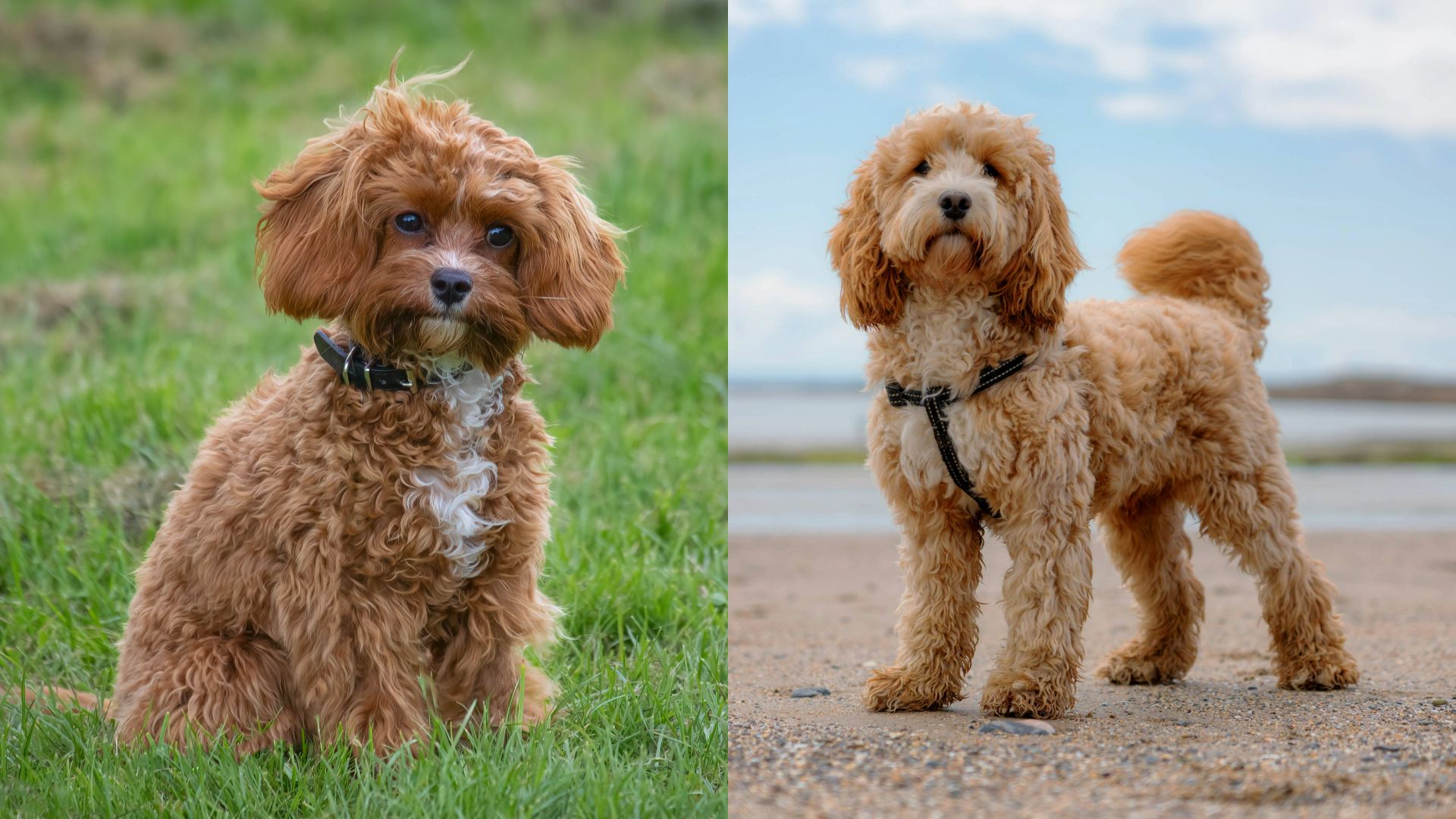Teach your dog to settle down with these seven simple tips from an expert trainer
Does your dog struggle to settle? Then these trainer-approved tips are just what you need

Does your dog struggle to settle? If you're anything like us, you may have spent a lot of time training your dog to sit, figuring out how to stop a dog pulling on a leash, or pondering the reasons why your dog's recall isn't reliable and how you can go about fixing it.
And while all of these things are really important, many of us forget to teach our dog the most crucial skill of them all — how to relax and spend time on their own.
Whether you're meeting friends at a busy cafe and you're taking your pup along, or you have family coming over for dinner, your dog needs to be able to settle around distractions so that you're not constantly having to attend to them.
Thankfully, if your pup currently struggles to settle down you'll find the below tips from expert trainer and behaviorist Nikki Mather super useful in helping you ensure your dog's needs are met and their behavior regulated. Read on to find out what they are...
A post shared by Positive Steps Dog Training (@positivestepsdogtraining)
A photo posted by on
1. Let them sniff: "Dogs explore the world through their nose," Mather explains. "When they're sniffing, they're getting a brain workout as well as stress relief, both of which are important for a dog to relax. It's not always about how far you walk but about the quality of the walk." Next time you're out and about with your pup, why not try a shorter 45-minute sniffari? You may find it tires your fur friend out more than a longer two-hour walk!
2. Meet their energy requirements: While walking your dog for an hour on-leash may seem like a great idea, depending on their breed you may find that 30 minutes running around off-leash is better for helping them burn off energy. "Consider your dog's breed, age and energy levels," advises Mather "and ensure their physical, mental and breed-specific needs are being met."
3. Provide mental enrichment: "Provide appropriate, stimulating toys for your dog, such as Likimats, Kongs, enrichment boxes and snuffle mats," says Mather. "These are a great way to keep your dog occupied and allow them to engage their brains while settling down." To learn more about one of our favorite forms of mental enrichment, take a look at 'are snuffle mats good for dogs?' to hear an expert vet outline the many benefits this inexpensive interactive toy can offer your dog.
PetsRadar Newsletter
Get the best advice, tips and top tech for your beloved Pets
4. Provide food enrichment: With most dogs being fed twice a day, Mather feels that meal times offer a wonderful opportunity to sneak in some extra mental exercise via a dog feeding puzzle. "Give their food in enrichment items, such as Toppls, Wobblers, or scatter feeding to provide an outlet for their energy and allow them to search/scavenge for their food - all normal canine behaviors." Check out our guide to the best dog puzzle toys for inspiration.
5. Make time to play games: "Our dogs are social creatures, so make time to engage in play with your dog," says Mather. "Engaging in games together is not only a great way to tire them out, but also to build on the bond between yourself and your dog."
6. Train them to settle: According to Mather, many dogs need some extra help when it comes to regulating their behavior. "We can train our dogs to settle down on a mat to help us in certain situations, such as when guests come over or in public environments, such as pubs/cafes."
7. Ensure they have space: "Some dogs are easily distracted within a busy household and can quickly become over-excited by movement within the house. Ensure your dog has their own safe area out of the way of your busy household areas, where they can be relaxed and will not be disturbed," Mather advises.
While the above tips from Mather's are super helpful in providing a range of practical things you can do to help your dog settle, if you find you've consistently been working on this issue and your pup is still struggling to relax, we recommend speaking with your vet who will be able to offer advice and guidance.

Kathryn is a freelance writer who has been a member of the PetsRadar family since it launched in 2020. Highly experienced in her field, she's driven by a desire to provide pet parents with accurate, timely, and informative content that enables them to provide their fur friends with everything they need to thrive. Kathryn works closely with vets and trainers to ensure all articles offer the most up-to-date information across a range of pet-related fields, from insights into health and behavior issues to tips on products and training. When she’s not busy crafting the perfect sentence for her features, buying guides and news pieces, she can be found hanging out with her family (which includes one super sassy cat), drinking copious amounts of Jasmine tea and reading all the books.
